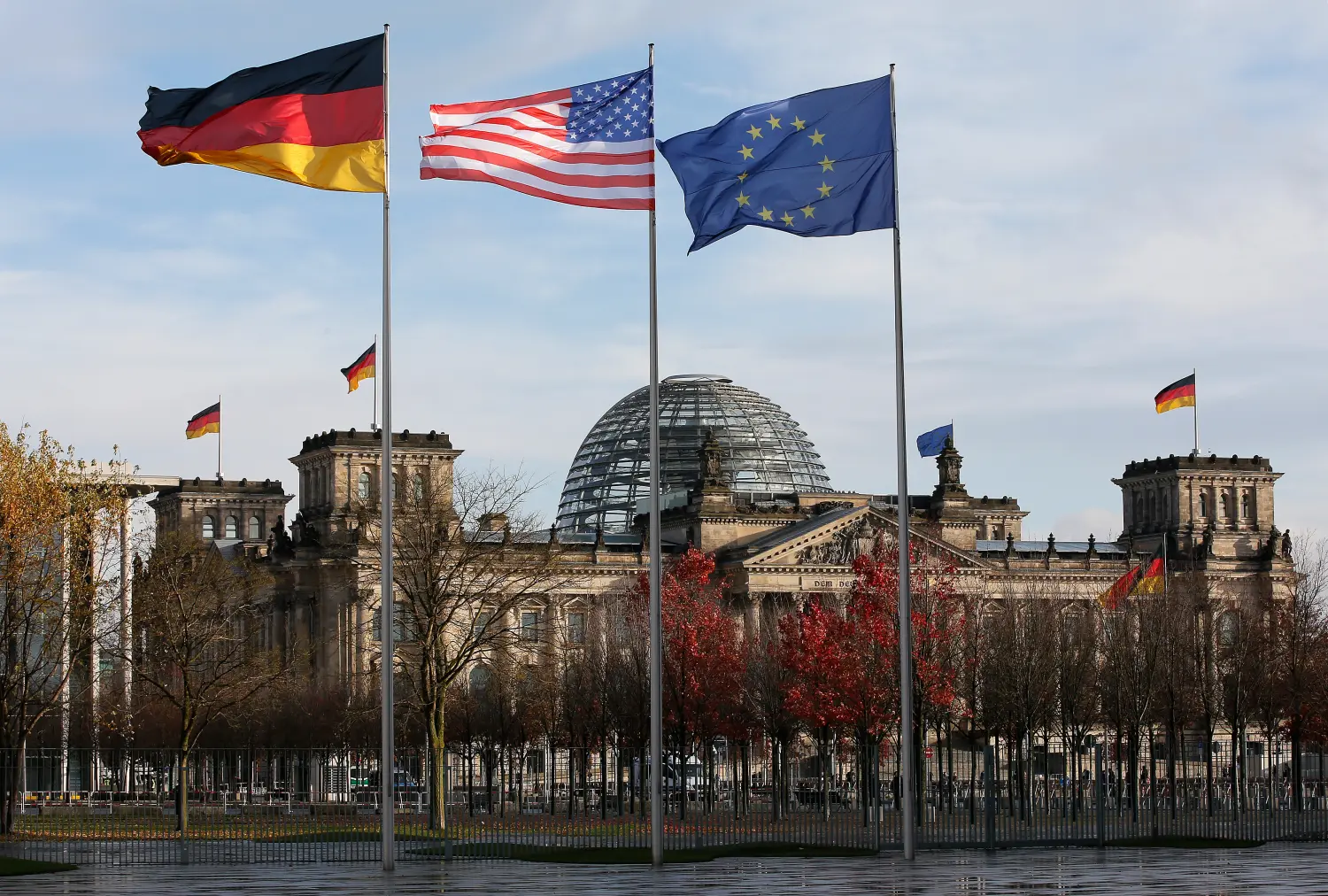In its not-so-long history, the European Union (EU) has known many anni horribiles marked by major events that brought about more or less prolonged crises. But the year 2005 will no doubt be recalled as one of the worst. The rejection of the constitutional treaty, which was signed in fall 2004, in referendums in France and in the Netherlands not only derailed a reform process that the European leaders had presented as crucial for the future of the EU, but also gave rise to a wider identity crisis over the meaning and purpose of the European Union.
Within this tumult, some signs have emerged of a fresh interest in reviving the process of constitutional reform. Prominent European political figures, including several heads of state or government, have presented their views on the possible way-outs of the deadlock over the constitutional treaty and pro-reform groups are now hopeful that the constitution can move forward this year. This signals a growing awareness that the period of reflection agreed upon at the June 2005 European Council, which has been unfruitful so far, needs to give way to new diplomatic initiatives.
But the spectrum of opinions concerning the future of the EU treaties remains broad and the governments of some EU countries are reluctant to accept a new cycle of talks on the constitutional issues. Is there a realistic chance that the EU leaders can reach an agreement to revive the constitutional treaty or at least to engage in a diplomatic process to give the Union a constitutional prospect? Can a plausible time horizon for the re-launch of the reform process be identified?
View Full Analysis (PDF—187kb)
The Brookings Institution is committed to quality, independence, and impact.
We are supported by a diverse array of funders. In line with our values and policies, each Brookings publication represents the sole views of its author(s).



